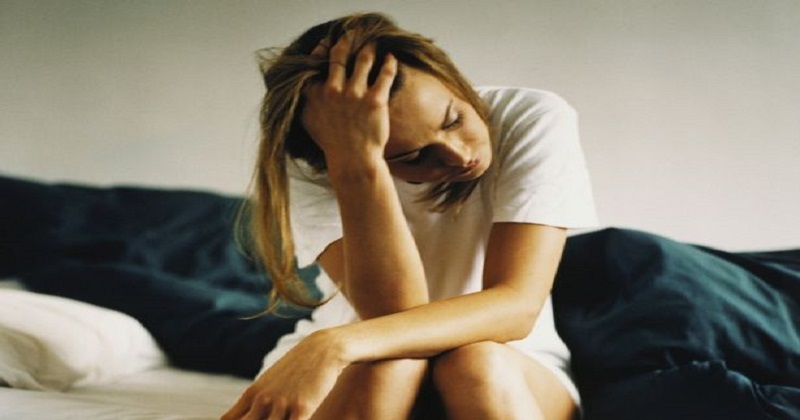
Our lives have been touched by this. Uncertainty in life, relationship problems, job woes, and many other things make us feel down. Everything seems lost and hopeless. Despite the beauty of the past, the future seems grim with no hope whatsoever. Your boss seems like a demon. Everything seems impossible.
After a simple snack, all these thoughts disappear. You were ‘hangry’ (angry because hungry). There is such a thing as being hangry, and we are probably all aware of it in a way that will help us prevent it from happening. But what about ‘hangxiety’? Read on.
According to a study published in Oxford Academic, alcohol hangovers can contribute to anxiety (Hangxiety). The study states that the body experiences physiological stress during hangover recovery. This type of stress usually occurs when the body is injured or ill. Hangovers cause symptoms similar to when the body is ill or injured.
In turn, this increases our cortisol levels. Stress hormones lead to increased cortisol levels. This affects blood pressure and heart rate. Stress hormones are similar to anxiety hormones. In other words, hangovers cause us to feel anxious.
During a hangover, brain activity changes as well. A hangover lowers dopamine production in the brain. Dopamine is normally involved in the treatment of anxiety. So the next time you feel like drowning your sorrows in alcohol, think twice. You might end up feeling even more anxious after a hangover. Be responsible.

Post Your Comments